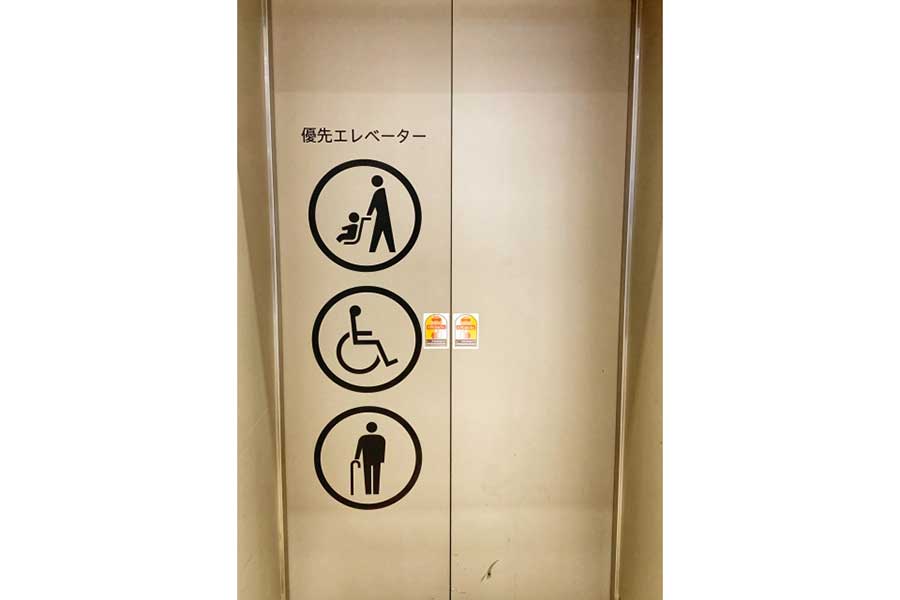【News Citation】
A series of cases of strollers and wheelchair users not being allowed to board priority elevators have become a topic of discussion on social networking sites.
On the Internet, a mother posted on the 1st of this month that she was forced to board an elevator in Umeda, Osaka, on a weekend visit with a baby stroller after her request to be given the elevator was ignored.
We asked the mother about her intentions behind her post, saying, “I know there are pros and cons, but I hope it will raise awareness for people with strollers and wheelchair users who are in the same situation.
“There were too many people in Umeda, and I couldn’t get on the elevator, so I asked, ‘We only have this one way, can you take over? I asked, but they ignored me, and when the door was about to close, I hit a series of buttons, pried the door open, and said, ‘If no one gets off, we’ll get on, so please pack us in.’ I forced myself on…I’m tired.”
On the first of this month, a post that stirred up a stir about the issue of priority elevators attracted more than 500 retweets and more than 5,000 likes.
In a subsequent post, he wrote, “Seriously, do people see the word ‘priority’? There was another person with a stroller after us who was about to give up because he couldn’t get in, so I quickly said, ‘This elevator has priority! Please let those who can get off get off! What’s the point of a healthy person sticking to the elevator when there’s an escalator right in front of you?
【Citation】

【personal opinion】
When raising children in Japan, I often feel that it is truly a difficult country to raise children.
This news is one of them.
It is often said that Japanese people are polite.
This is my personal opinion, but in some ways it is true and in some ways it is not.
The Japanese language has honorifics, which are generally used by superiors to subordinates.
In Japan, there is a clear hierarchical relationship between people.
And from first-hand experience, many Japanese are polite to their superiors, but do not consider it necessary to show respect to those below them.
Personally, I believe that people with children and wheelchair users are implicitly regarded as subordinates in Japan.
Therefore, when they struggle to get on the elevator, the people around them do not care or help them.

